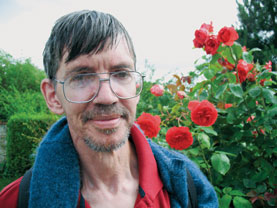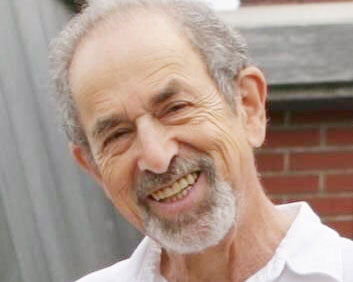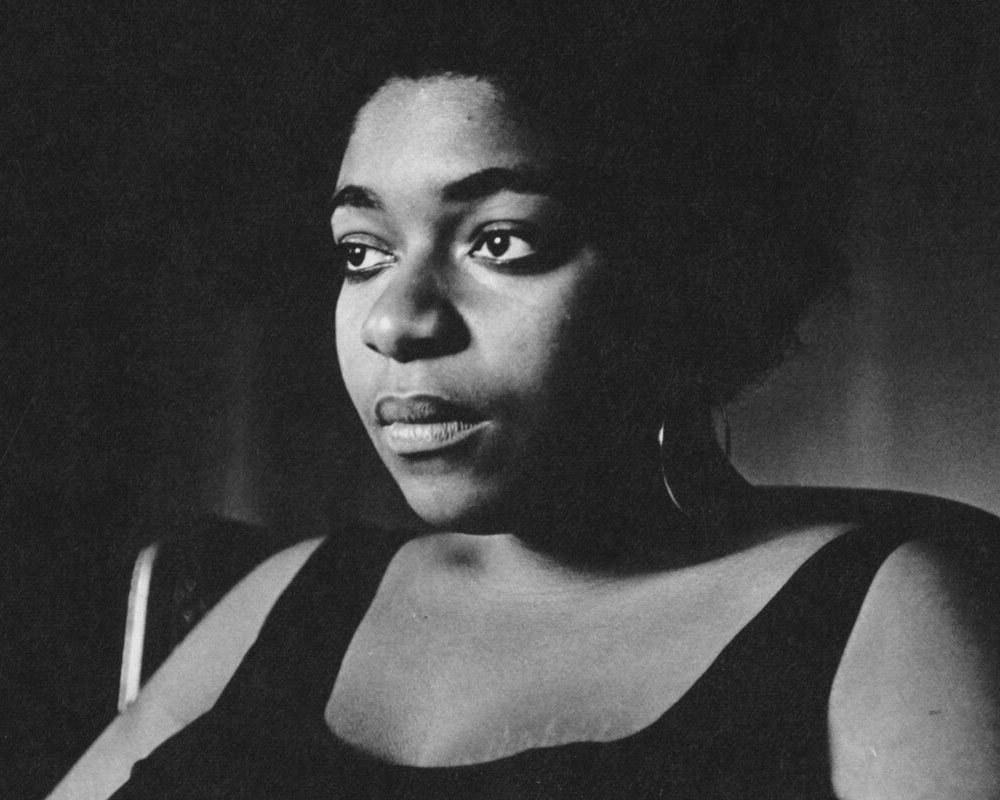Marston Michael Moffatt ’66

Marston Michael Moffatt ’66, November 26, 2011, in Chapel Hill, North Carolina, from advanced Parkinsonism. An internationally recognized anthropologist, Michael was born in Hartford, Connecticut, and grew up in a household “filled with love, industry, a firm belief in eccentricity, wonder, and the value of art in its myriad forms,” writes Pamela Claxton-Moffatt, Michael’s widow. “From 4 a.m. newspaper deliveries, to archeological digs and a 1,000-mile-plus bicycle ride through the New England countryside with high school chums, Michael vigorously engaged in the world around him, and reveled in its most mysterious inhabitants: human beings.” Michael attended Dartmouth before transferring to Reed, where he received a BA in anthropology. He earned a BLitt in social anthropology at Oxford, studying with social anthropologist Rodney Needham, and an MA and PhD at the University of Chicago, where he trained with anthropologist McKim Marriot. In 1973, Michael joined the faculty at Rutgers, where he served as department chair for anthropology and graduate and undergraduate director. Colleagues Sue Gal and Dorothy Hodgson note in an Anthropology News memorial that he mentored junior colleagues about the politics and practices of the profession. “Clever and nonconforming, Michael challenged post-modern theorists with satire and classical theorists by turning the tables on them,” says Pamela. “His prose in casual conversation was ever erudite, full of plums plucked and coddled from his voracious reading. Whatever he read took on a literary spin with an anthropological twist coupled with humor.” Michael’s early research on the lives of rural and urban Harijans in the Indian state of Tamil Nadu grew out of his grandfather’s work as a missionary in the country, report Gal and Hodgson. His first book, An Untouchable Community in South India: Structure and Consensus, is widely respected as a controversial contribution to the field of anthropology. His next book, Coming of Age in New Jersey: College and American Culture, based on observations made when he posed as an undergrad living in the Rutgers dorms, became even better known. Years later, it continues to be popular with professors and students alike. Michael’s historical research from colonial days through the ’80s, The Rutgers Picture Book: An Illustrated History of Student Life in the Changing College and University, remains popular with alumni as well. He assessed ethnographic studies of U.S. life for the Annual Review and wrote articles such as “Do We Really Need ‘Postmodernism’ to Explain Ferris Bueller’s Day Off?” But he was perhaps most proud of a small piece he wrote for the New York Times on birding with friends in a New Jersey garbage dump. “Michael was a mensch,” says Pamela. “He never backed off from what he thought was right, even if it was unpopular.” After September 11, 2001, he took his anthropology of religion students on field trips to different religious centers in New Jersey to give them firsthand experience with the multiplicity of Indic faiths and cultures: Christian, Hindu, Sikh, and Muslim. “He probably would not have called himself a religious man. Yet he lived as a godly man. He was brutally honest and concretely gave of himself to serve others, regularly feeding friends with Indian cuisine, barbecue, or homey casseroles.” Pamela adds that Reed alumni might remember Michael’s enjoyment of cooking, especially the spicy Indian dishes he prepared. “Michael was a natural parent and connected all the children he helped raise with the rugged and real beauty of nature. As a spouse, there was none more devoted (or dour before his morning coffee). He took on the household, child care, and bravely bore nuits blanches of Rolodex worries as I finished my dissertation. Michael and I sang our way through stress, not only with the Reformed Church choir, but at home on the piano with songs like ‘After the Ball’ and ‘Silver Threads among the Gold.’” The Moffatt family made yearly pilgrimages to family camp in Pennsylvania, where parents and children enjoyed fellowship in a natural, faith-based community. Michael is remembered for his insatiable intellect and masterful skill as a writer, his warmth and generosity to his colleagues, and his wicked sense of humor. Moffatt asked to be buried “so paleontologists [would] have something to find one day.” Michael Moffatt Moments may be found online. Survivors include Pamela, sons Alex and Jacob, and Michael’s sister.
Appeared in Reed magazine: September 2012





![Photo of Prof. Marvin Levich [philosophy 1953–94]](https://www.reed.edu/reed-magazine/in-memoriam/assets/images/2022/LTL-levich1.jpg)
![Photo of President Paul E. Bragdon [1971–88]](https://www.reed.edu/reed-magazine/in-memoriam/assets/images/2020/Bragdon.jpg)
![Photo of Prof. Edward Barton Segel [history 1973–2011]](https://www.reed.edu/reed-magazine/in-memoriam/assets/images/2020/Segel.jpg)








































































